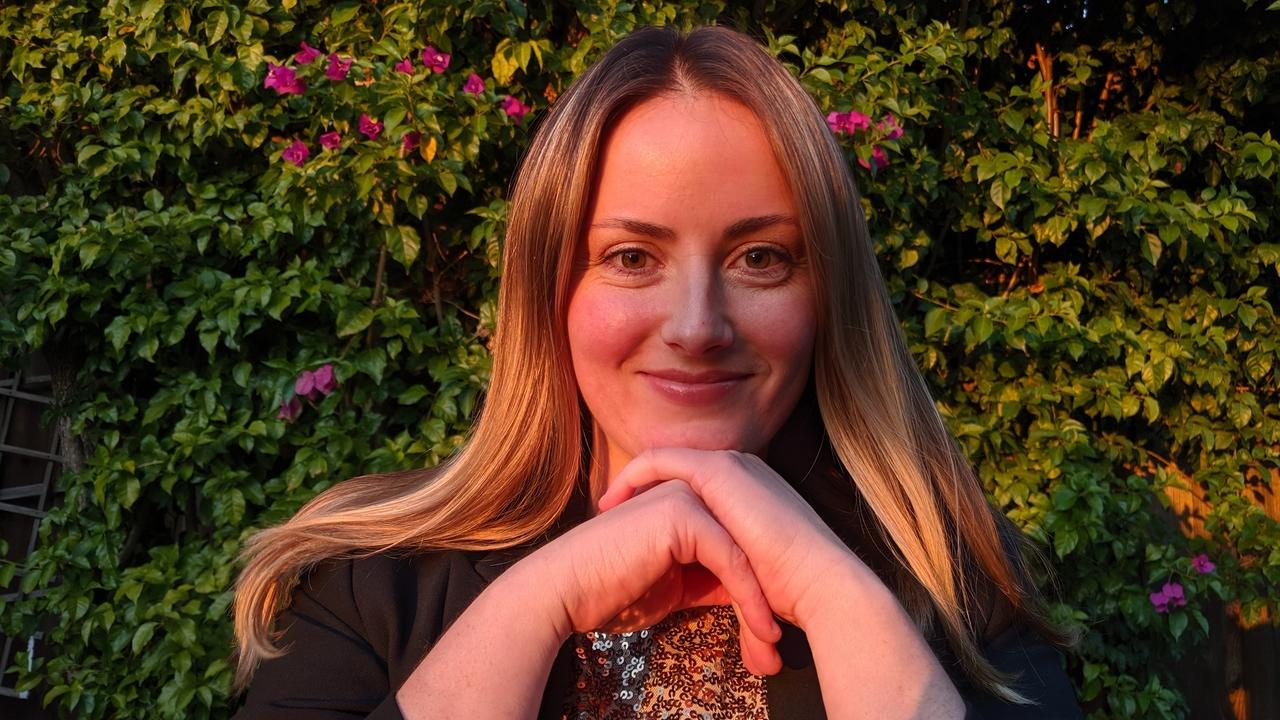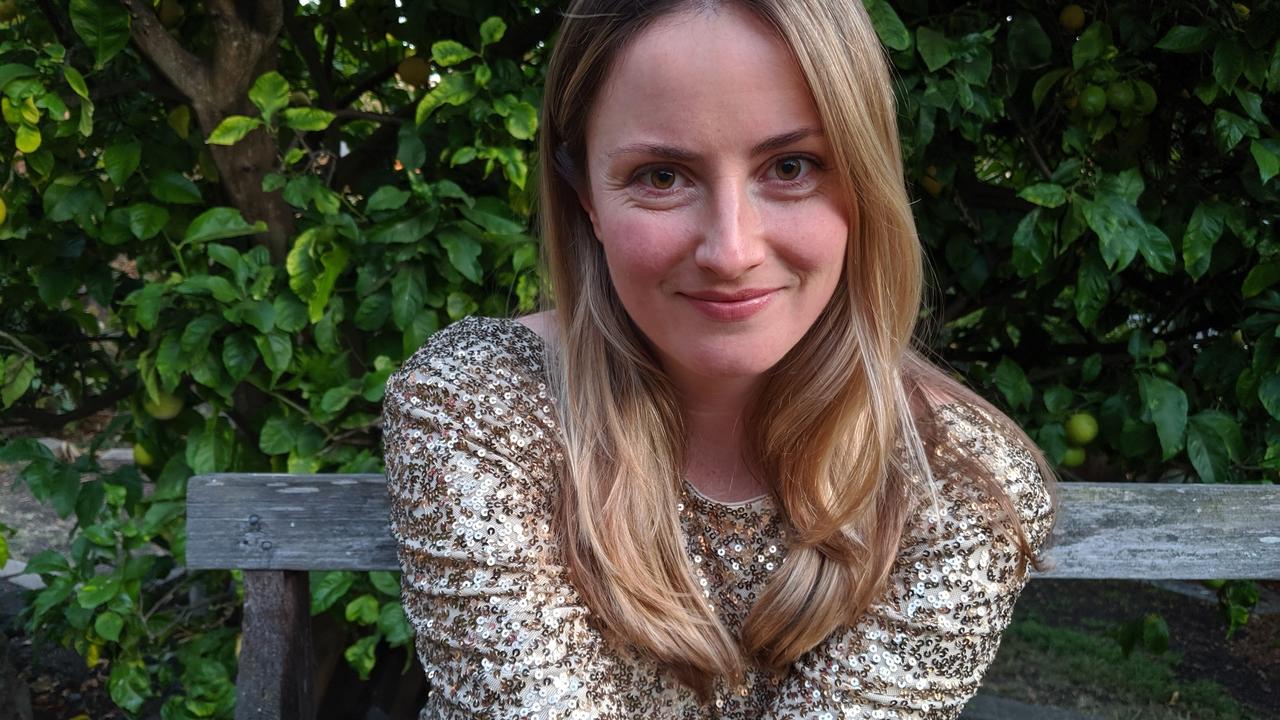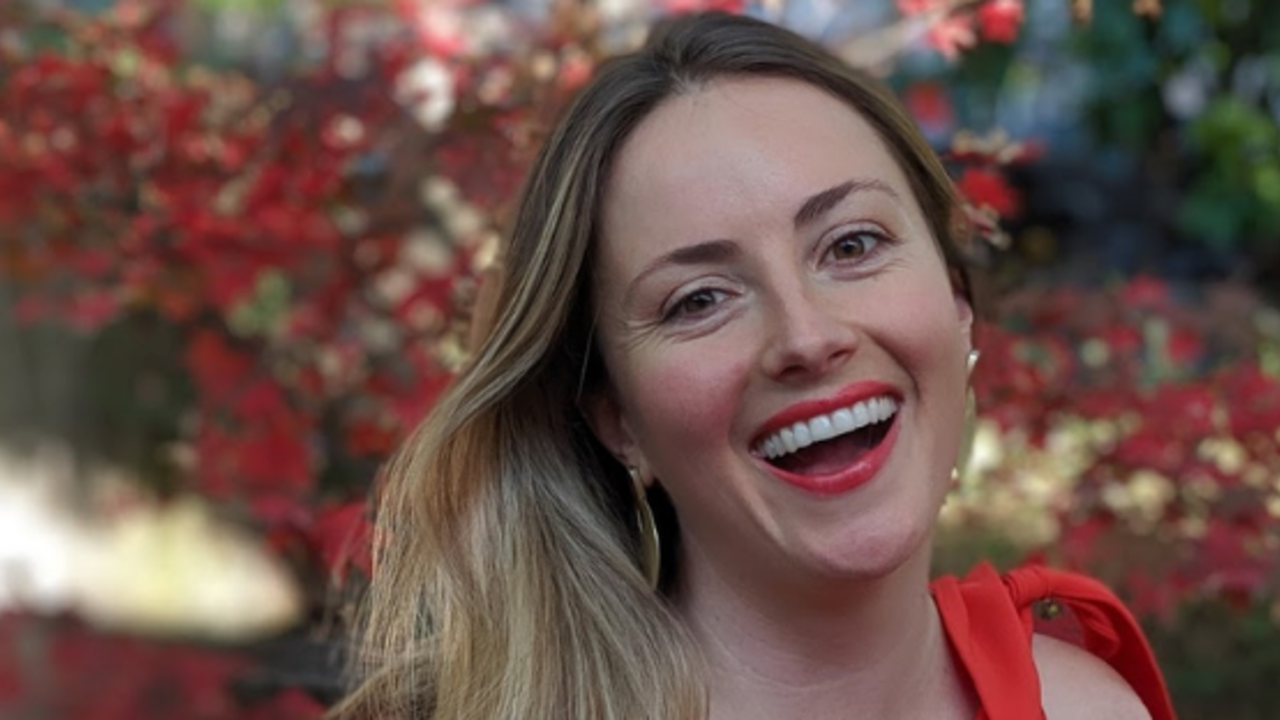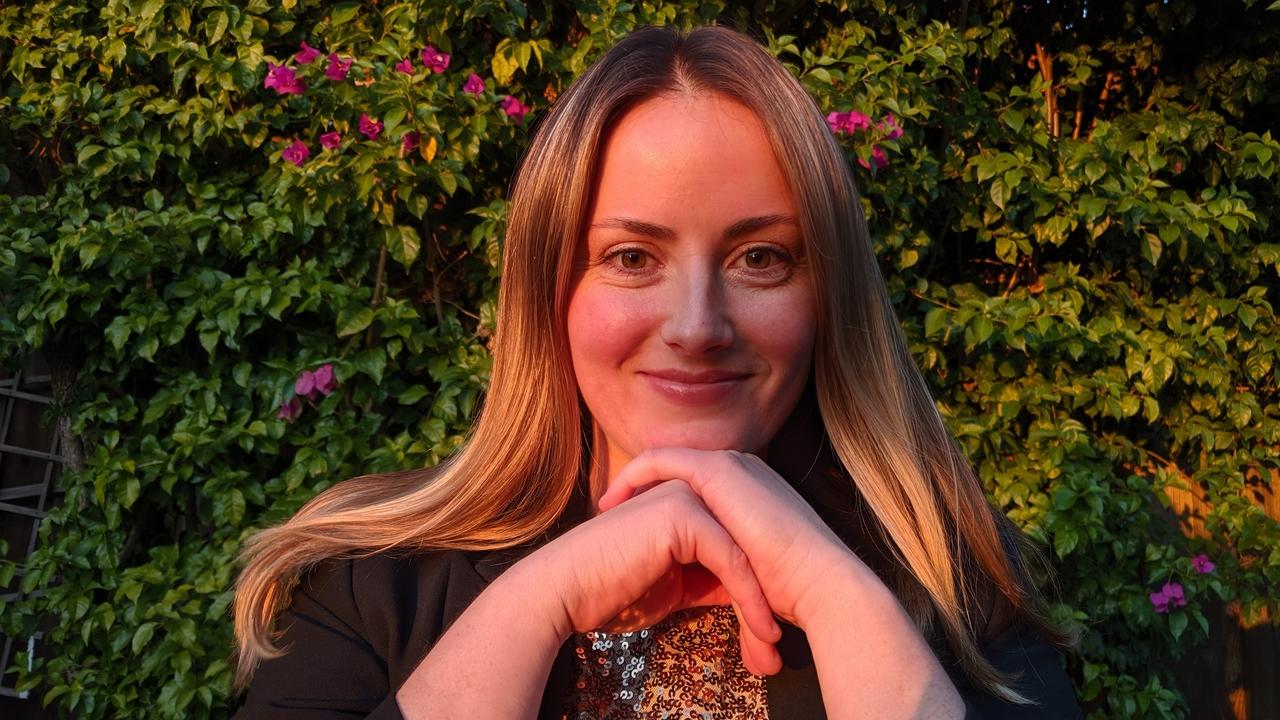Burnout doesn't have to be the end of your life 💥 it can be the start 💥

I know you're exhausted
I know you're overwhelmed
I know you're just trying to stay afloat
But trust me, this isn't how it ends
The thing is, beginnings often look a lot like ends
I know, trust me, I know IT CAN FEEL LIKE YOUR WORLD IS FALLING APART
And chances are, whether you identify as burned out right now, or not, I know you can identify with the feeling of the world as we once knew it ending.
So I ask you, what shifts when you approach this time as a new beginning rather than an ending?
IT'S TIME for reevaluation and big visions
IT'S TIME to decide what is most important
IT'S TIME to clarify our values and priorities
What shifts when you view burnout as a potent time of possibility?
IT'S AN OPPORTUNITY to finally put yourself first
IT'S AN OPPORTUNITY to recommit to your dreams
IT'S AN OPPORTUNITY to learn deep lessons that will transform the rest of your life
How are YOU choosing to view burnout or this current time?
Lemme know if you're with me!
If you're desiring to shift...
Work doesn't have to be a grind

Work doesn't have to be a grind — are you willing to believe?
Notice what that brings up for you, just hearing me say that.
I know some of you might fight me on this but it's my job to challenge you, to invite possibility and support the shift from possibility to reality.
So...
✨ What if being an adult didn't have to suck?
✨ What if work didn't have to drain you?
✨ What if work could feel supportive?
✨ What if stress wasn't the enemy?
✨ What if you could feel that elusive thing we call balance?
What if...?
Yeah I know, I am sitting pretty after leaving the tech world, I don't have kids, I don't have many expenses, yadda yadda yadda.
There are A MILLION REASONS to believe this is possible for me but NOT FOR YOU.
Notice that disbelief in yourself and in what's possible for you.
I know a lot of you struggle with this and it's something that often comes up with clients.
FOR YEARS I THOUGHT I HAD NO CHOICE
I had a cushy salary, amazing benefits and unparalleled perks. How cou...
All the education in the world can't guarantee you the life you want

I'm one of those people that likes to point to my diplomas and certifications as a way to prove my worth. Can you relate?
Last year I finished my third coaching training, on top of a master's degree and too many self development and skill building workshops to name.
And only now do I finally feel a sense of clarity in what I'm here to do, deep confidence in my abilities and enough worthiness to take action in service of the life I most want and the people who need what I have to offer.
And no it wasn't all the trainings and diplomas that's given me this gift.
It's the DEEP WORTHINESS I have cultivated in my body through the inner work I've been doing for over a year now.
See when you embody worthiness...
✨ You take responsibility for your life and happiness
✨ You believe in your own potential
✨ You feel confident in your abilities
✨ You discover what you want and learn to ask for it
Worthiness lets you know that no matter what happens, YOU WILL BE OKAY.
If you ...
Why now is a great time, according to neuroscience

One of my superpowers as a coach is explaining why the techniques I use work, according to the latest findings in neuroscience and psychology.
And I want to apply some of this thinking to what's going on right now.
We are living through a period of immense stress. Stress gets a bad rap today but STRESS IS ESSENTIAL because without stress, we don't grow.
Because we are under immense stress, we are in a period of HEIGHTENED NEUROPLASTICITY 🧠💪💪🏽💪🏿 aka whatever we do right now will have lasting impact on our brain development.
Anyone who's dabbled in developmental psych knows that the two biggest spurts of brain development are in the first two years of life and adolescence. These two phases are also times of immense stress.
It is 100% true that we are living through a period of UNPRECEDENTED COLLECTIVE TRAUMA. But that doesn't mean we have to emerge from this period broken and disconnected.
There is another reality you can choose to adopt if you are secure in your home right now.
Y...
The secret key to freedom that most women overlook

You know self-love is a thing you should be into, right? Most of us know that we’re supposed to love and accept ourselves but we don’t know how to do it. Is that something you were taught in school? I didn't think so. And yet, love is THE essential element that makes humans thrive.
When you deeply, truly love yourself you are in control of how you feel about yourself and nothing outside of you can change that. You are unstoppable!
Really deep self-love is about loving allll of the parts of us, the parts we’ve been taught to feel ashamed of, to bury deep down, to control and contain. It means loving and accepting the bitchy greedy lazy ugly parts of ourselves.
When we can stop fighting with, trying to change or control these parts of ourselves we’re left with so much more energy and freedom to choose how we actually want to live our lives.
When we try to fix ourselves from the perspective that there’s something fundamentally wrong with us, that we’re broken or flawed this does not l...
Pleasure is still the best medicine

Let's be real, the past few days have been ROUGH.
I've felt sadder and more down than I have in awhile. Shit has been hard, but today, well today is a good day.
I'm still riding the high from our first Pleasure as Medicine class that was 🔥🔥🔥
🌟 We dove into the neuroscience of why the embodiment and meditation practices I teach help rewire our brains for deep integration and alignment, giving you more agency and more freedom to create the live you most want.
🌟 We talked about prioritizing pleasure as a tool to rewire our habits of putting everything -- our job, partners, social lives -- before ourselves.
🌟 We talked about reclaiming our sense of worthiness and using mindfulness to enhance pleasure and create neural pathways to experience more pleasure in our daily lives.
And even better, WE PRACTICED.
We didn't just talk about this stuff. We did THE ACTUAL WORK of building our skills of interoception and deep self-love and acceptance with a guided a body scan and sensory awaken
...I owe you an apology

Friends, I owe you an apology.
I got a little cray with my branding and business that I overlooked y'all.
I had this idea that once I clarified my vision I could just run ads and have the people who resonate with what I'm doing find me. We'll get to the problem with that in a minute, but first lemme tell you a story.
A friend replied to an email about Pleasure as Medicine to say she loved the the course and to ask if it was open to her because in the past I had said I didn't work with friends. Actually I didn't even send that email to my mailing list, just to her and few other friends I knew would be perfect for it, but how would she know that?
When I got that email, I had two reactions, first was "Yayayay I'm SO excited she wants to join because I LITERALLY MADE THIS FOR HER!!" and the second was "Shit! I've so screwed up by making my friends think that I'm not available for them. I need to clarify that!"
See when I was first learning coaching in my master's program I was caution...
It's time to stop hiding

In our culture, we as women are taught to dim our light, to censor our expression, to play small.
We’re taught to hide our brilliance, lest we outshine our partner, our parents, or our friends.
There are a million ways we hold ourselves back from being our truest, biggest, most fully expressed selves.
And psychologically it makes sense.
Many of us hold deep deep fears in our bones, from our own traumas, from our mothers’ traumas and from the culture we live in that tells us in so many ways that a woman who shines, a woman who embodies her power and her confidence is not safe.
The women who stand out, who speak up, who don’t play small are most vulnerable and likely to be knocked down emotionally or physically.
But you are strong and brave and you’re ready to remove this patriarchal residue that’s dulling your shine.
It’s time to stop hiding and playing small. It’s time to step into your power and share your skills and gifts with the world.
What have you been hiding?
Your intel...
How to Stop Dimming Your Light and Embody Your Superpower

I have a confession. I was not always the bold, bright leader that I strive to be today.
For several years of my twenties after my yoga teacher training I stopped getting my hair done, gave up makeup and avoided jewelry.
I donated a lot of my pretty things and basically wore organic cotton t-shirts and leggings. I even tried to stop washing my hair 🙈 and "break my addiction to lip balm" (yup, google it.)
FYI Greasy hair and chapped lips is NOT a good look on me, or anyone for that matter.
I thought that to be a good person, I had to trade wearing nice things, enjoying life and watching TV for being an ascetic mindful vegetarian, or in other words, be something other than who I am.
I'm glad to report that period of my life is OFFICIALLY OVER.
Not that there's anything wrong with those things. I think we can all swing into extremes in the name of trying to improve our selves and our lives and sometimes we just need to find center.
I believe the true juice of personal development w...
What does Pleasure have to do with Burnout?

What does pleasure have to do with burnout? The answer is simple: EVERYTHING!
Many of us high-achieving perfectionist types experience resistance to pleasure. We think that we have to check everything off on to do list before we deserve pleasure.
How can I possibly think about feeling good when I have so many things to do!?!
I am here to remind you that you are worthy and deserving of pleasure no matter what. But trust me, I know how hard it can be to actually remember that and truly believe it!
When you consciously choose to connect to yourself in a pleasurable way, you encode the message that you deserve to feel good. When you continue to show-up and choose pleasure, you learn to prioritize yourself over all the other things that lead us to burnout, like overachieving and over-giving. You learn to put your own oxygen mask on before helping others.
But pleasure doesn’t just help prevent burnout by teaching us to prioritize ourselves, it also heals it. When you experience pleasure...

